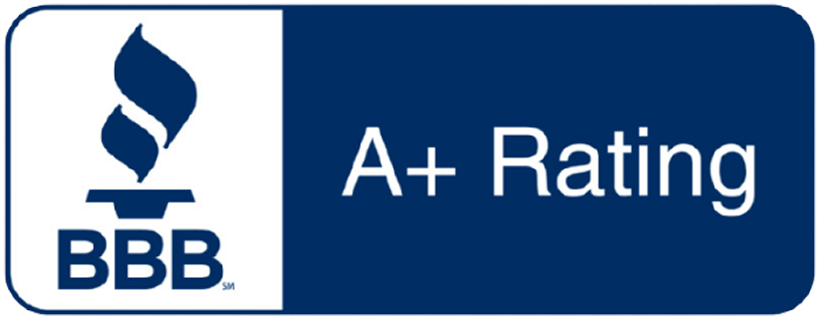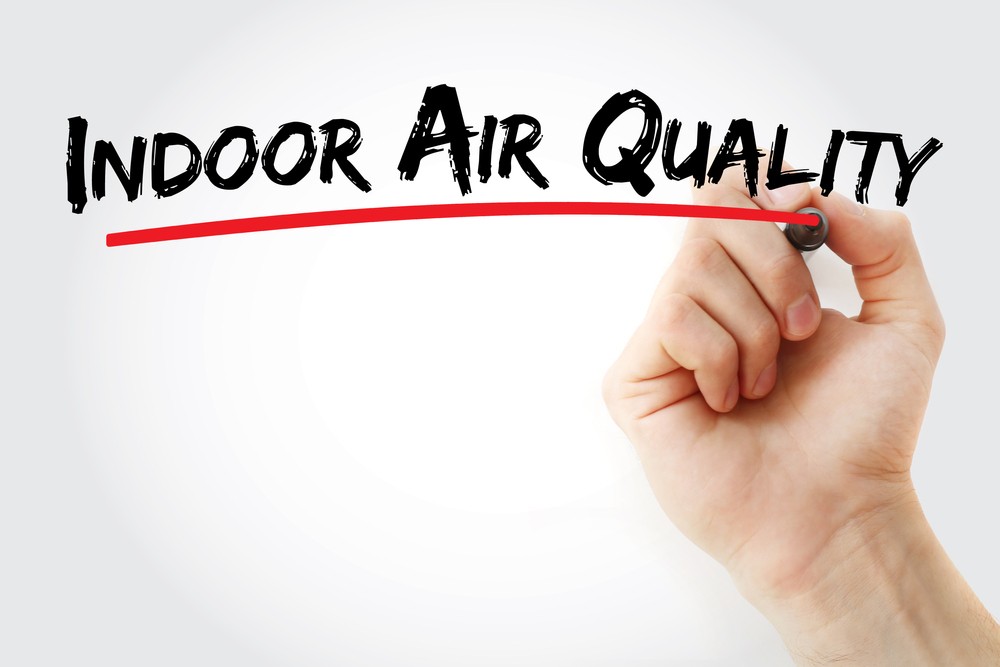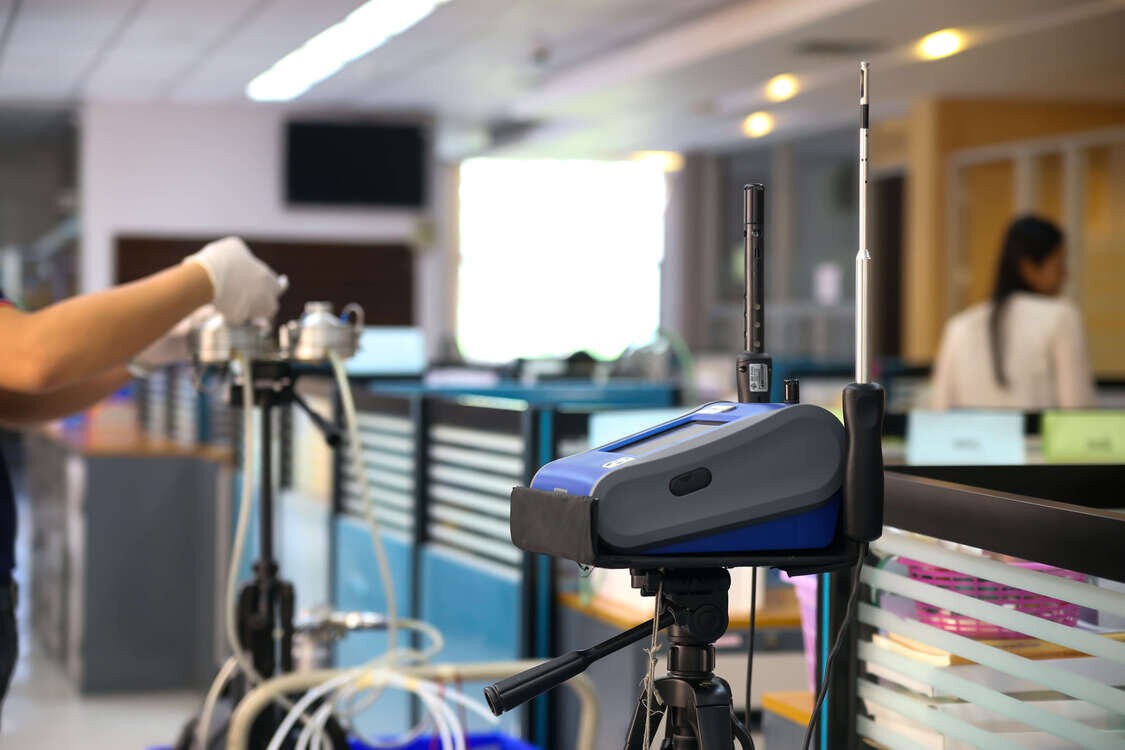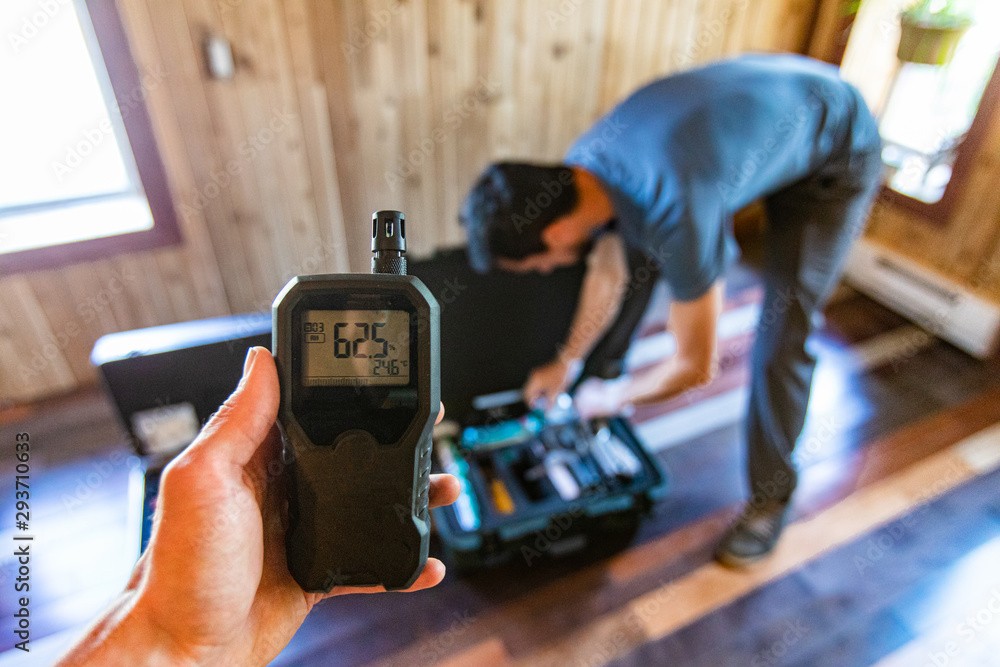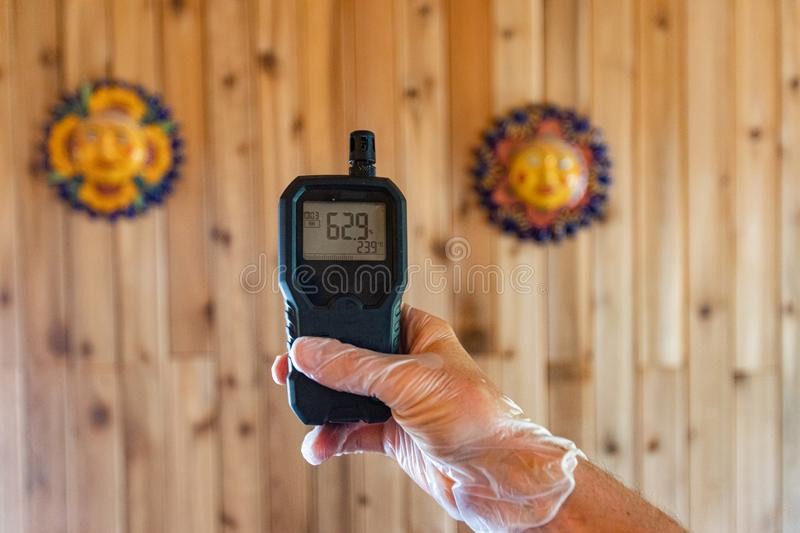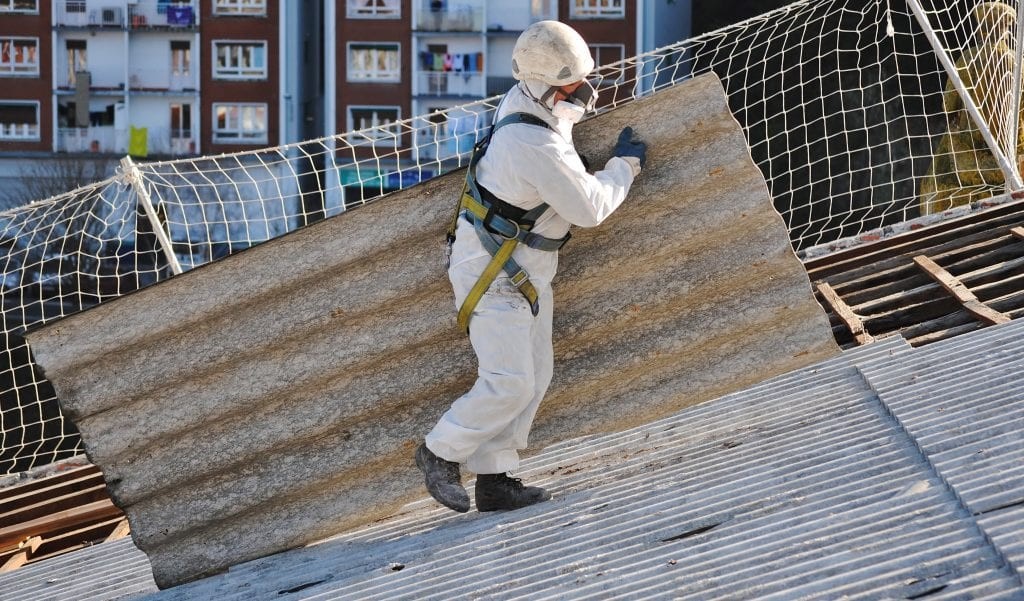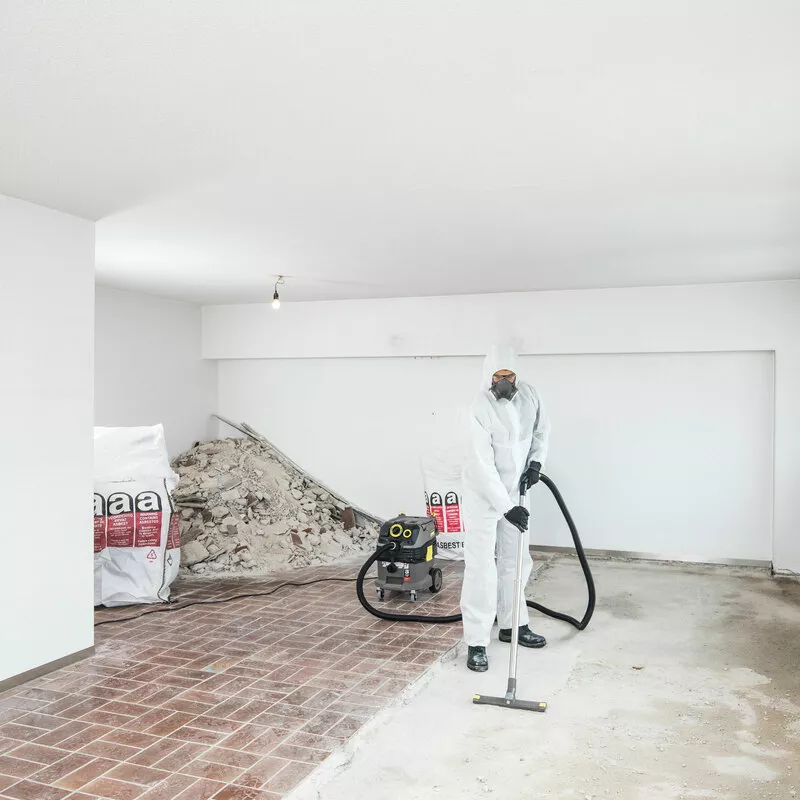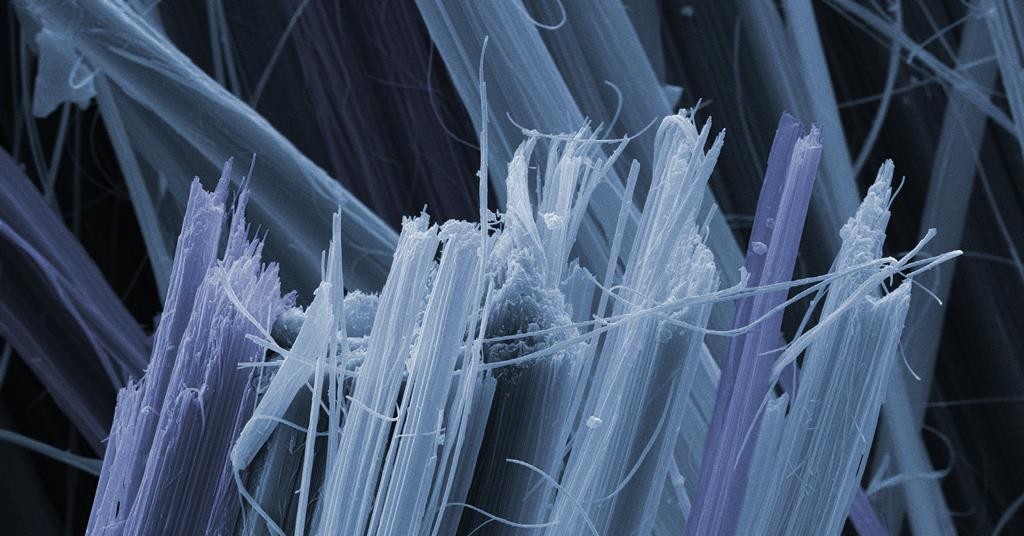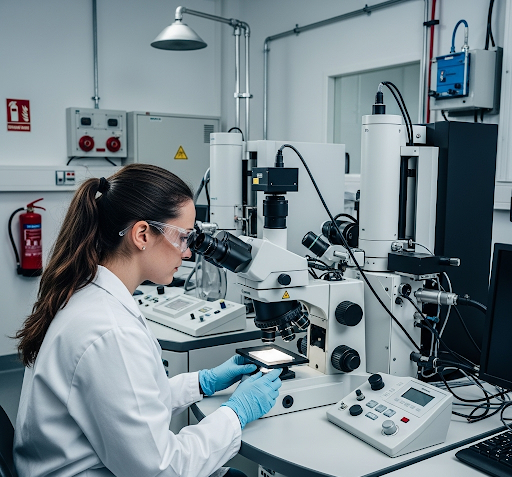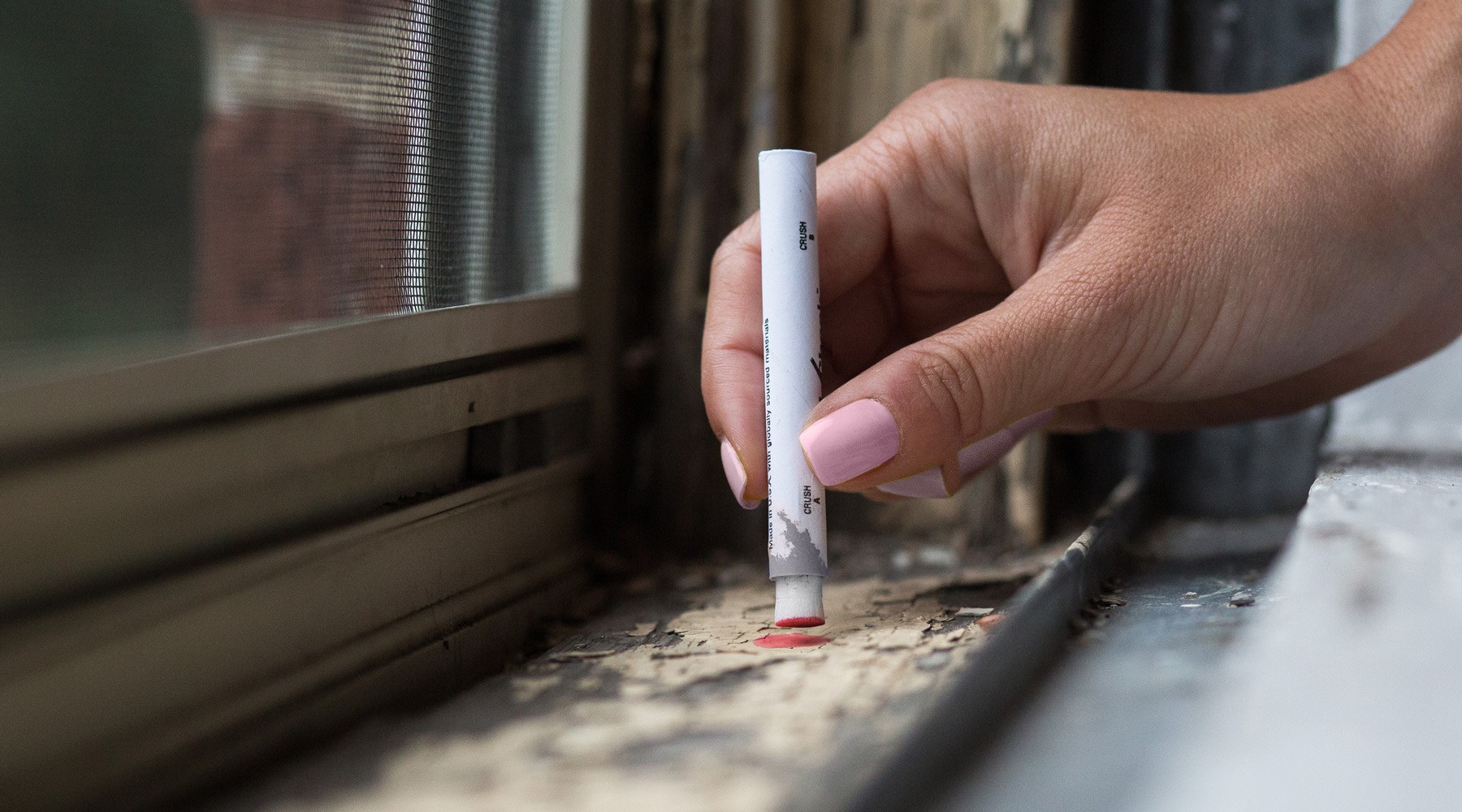We spend about 90% of our time indoors — at home, at work, or in schools — yet indoor air can be 2 to 5 times more polluted than outdoor air, according to the EPA. The truth is, even the cleanest-looking buildings can hide invisible pollutants that affect your health, productivity, and well-being.
That’s why Indoor Air Quality (IAQ) Testing is so important. This process reveals what’s really in the air you breathe, helping you take action to create a healthier, safer indoor environment.
🧪 What is Indoor Air Quality Testing?
Indoor Air Quality testing is the scientific evaluation of airborne pollutants, allergens, humidity levels, and ventilation efficiency inside a building. Testing helps detect:
-
Harmful gases (e.g., carbon monoxide, radon, formaldehyde)
-
Fine particulates (PM2.5 and PM10)
-
Mold spores, dust mites, and pollen
-
Volatile Organic Compounds (VOCs) from furniture, paint, or cleaning products
-
Poor humidity or CO₂ levels indicating ventilation issues
⚠️ Why IAQ Testing Matters
Poor indoor air quality can cause or worsen:
-
Asthma and respiratory illness
-
Allergies, coughing, sneezing
-
Headaches and fatigue
-
Difficulty concentrating or "brain fog"
-
Long-term exposure risks like cancer, heart disease, or neurological damage
Children, the elderly, and those with pre-existing conditions are most at risk, making IAQ testing vital for homes, schools, and healthcare settings.
🏠 When Should You Test Indoor Air Quality?
You should consider IAQ testing if:
-
You’re moving into a new or recently renovated home or office
-
There’s a musty smell, signs of mold, or water damage
-
You or others are experiencing unexplained health symptoms
-
You're concerned about allergens, radon, or chemical exposure
-
You're managing a facility that requires compliance testing (e.g., schools, labs, hospitals)
-
You're applying for LEED or WELL building certifications
🔬 What’s Tested in an IAQ Assessment?
Here are common components of a full indoor air quality test:
| Test Type | What It Detects |
|---|---|
| Mold Testing | Mold spores in air and surfaces |
| VOC Testing | Emissions from cleaners, paints, adhesives, and furnishings |
| Particulate Matter (PM2.5/PM10) | Dust, soot, smoke — harmful to lungs |
| Carbon Dioxide (CO₂) | Indicates poor ventilation |
| Carbon Monoxide (CO) | A toxic gas from stoves, heaters, or furnaces |
| Formaldehyde | Found in building materials and furniture |
| Humidity Levels | High humidity encourages mold growth |
| Radon Testing | Naturally occurring radioactive gas linked to lung cancer |
🧑🔧 How is Indoor Air Quality Testing Performed?
IAQ testing is conducted by trained professionals using a combination of:
-
Digital monitoring equipment for real-time results
-
Air sampling pumps for lab-based analysis
-
Surface swabs and dust wipe samples (for mold, lead, or allergen testing)
-
Thermal imaging cameras (to find hidden moisture or leaks)
After analysis, you'll receive a detailed report with contaminant levels, health risk evaluations, and recommendations for improvement.
🧼 What If Poor Air Quality is Detected?
If your IAQ test reveals issues, the next steps might include:
-
Improving ventilation and air circulation
-
Installing HEPA filters or air purifiers
-
Mold remediation and moisture control
-
Replacing VOC-emitting materials (e.g., carpets, furniture)
-
Regular HVAC maintenance and duct cleaning
Professionals may also help you develop a long-term air quality management plan.
⚖️ Legal and Regulatory Considerations
Depending on the country or region, air quality may be regulated in:
-
Workplaces (OSHA standards)
-
Schools (state or provincial guidelines)
-
Healthcare and laboratories
-
Green building certifications (LEED, WELL, BREEAM)
Failing to meet IAQ standards can lead to fines, lawsuits, or reputational damage.
✅ Breathe Easy with Professional IAQ Testing
A single indoor air quality test can uncover hidden health risks and prevent long-term issues in your home, office, or facility. With modern testing methods, results are fast, accurate, and actionable.
📞 Need an Indoor Air Quality Assessment?
Our certified IAQ specialists provide full-service testing for homes, schools, commercial buildings, and healthcare environments. From mold and VOCs to radon and allergens, we help you breathe safer air every day.
👉 Contact us now to schedule an inspection or get a free quote.

